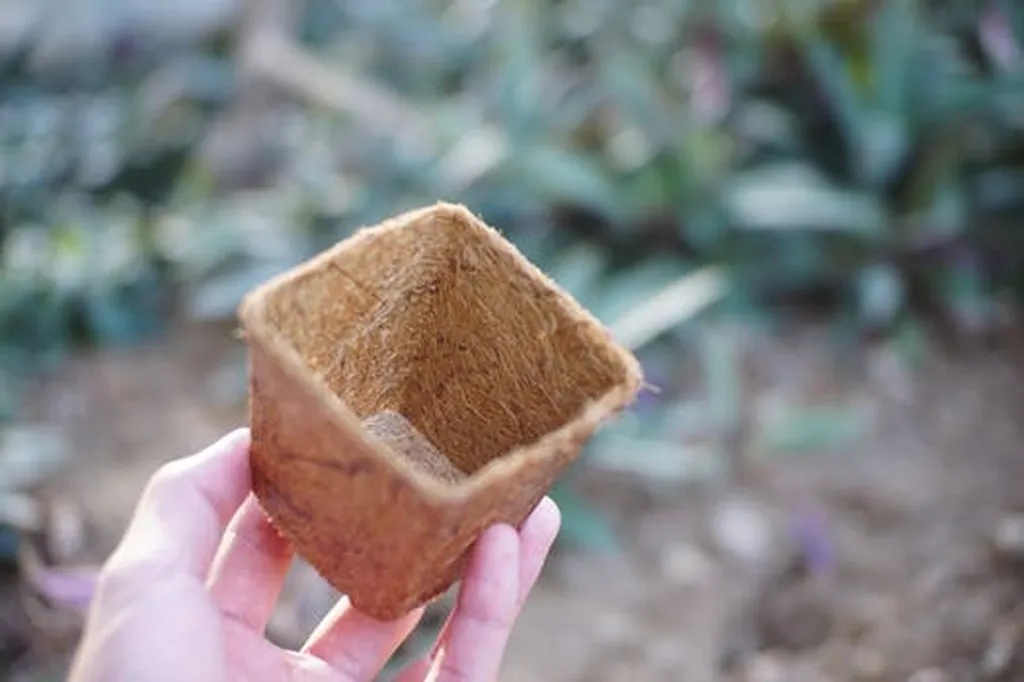In the quest for sustainable agriculture, scientists are turning to an unlikely ally: microalgae. A recent study published in the journal ‘Plants’ explores the potential of microalgae-based biostimulants to enhance crop growth and stress resistance, offering a promising alternative to conventional agricultural practices.
Microalgae, known for their rapid growth and minimal space requirements, are gaining traction as a source of bioactive compounds. These compounds, which can act as biostimulants, are shown to improve nutrient and water use efficiency in crops while bolstering their tolerance to abiotic stress, such as drought and salinity.
The study, led by Carla Arenas Colarte from the Centro de Investigación Austral Biotech at Universidad Santo Tomás in Chile, highlights the importance of the specific species of microalgae and their culture conditions in the production of these valuable compounds. “Both the species of microalgae and the specific culture conditions play a decisive role in the generation and storage of valuable bioactive compounds,” Arenas Colarte explains.
The research underscores the potential of microalgae-based biostimulants to revolutionize the agriculture sector. By enhancing crop quality and resilience, these biostimulants could lead to increased yields and reduced environmental impact. Moreover, the cultivation of microalgae does not compete with human food sources, making it a sustainable and ethical choice for agricultural enhancement.
The study also addresses the barriers and limitations to the commercialization of microalgae-based biostimulants. While the potential is vast, challenges such as scaling up production and integrating these biostimulants into existing agricultural practices remain. However, the successful trials highlighted in the research demonstrate the tangible benefits of these biostimulants, paving the way for future developments.
As the agriculture sector grapples with the impacts of climate change and the need for sustainable practices, microalgae-based biostimulants offer a beacon of hope. By harnessing the power of these tiny organisms, farmers could enhance crop resilience and productivity, contributing to a more sustainable and food-secure future.
The research published in ‘Plants’ by lead author Carla Arenas Colarte from the Centro de Investigación Austral Biotech at Universidad Santo Tomás in Chile, provides a comprehensive overview of the current state of microalgae-based biostimulants and their potential to shape the future of agriculture. As the sector continues to evolve, the integration of these innovative solutions could prove instrumental in meeting the challenges ahead.

